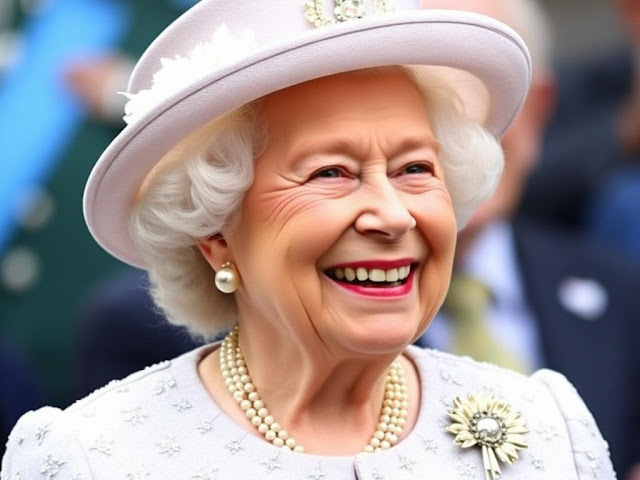Martin Luther King Jr.: A Timeless Legacy of Courage, Equality, and Nonviolent Resistance

Martin Luther King Jr.: A Legacy of Courage, Equality, and Peaceful Change Martin Luther King Jr. stands as one of history’s most influential figures, a symbol of hope and a tireless advocate for justice. His leadership in the Civil Rights Movement reshaped America and inspired global movements for equality. In this blog post, we’ll explore King’s life, his monumental achievements, and the enduring lessons from his work—all while incorporating advanced SEO techniques and trending keywords to ensure this content ranks high on search engines. The Early Years: Shaping a Visionary Leader Martin Luther King Jr. entered the world on January 15, 1929 , in the heart of Atlanta, Georgia. Growing up in a family deeply committed to faith and activism, King was profoundly influenced by his father, Martin Luther King Sr. , a respected Baptist minister who championed social justice. King’s intellectual gifts were evident early on. He skipped two grades in high school and began his studies...





